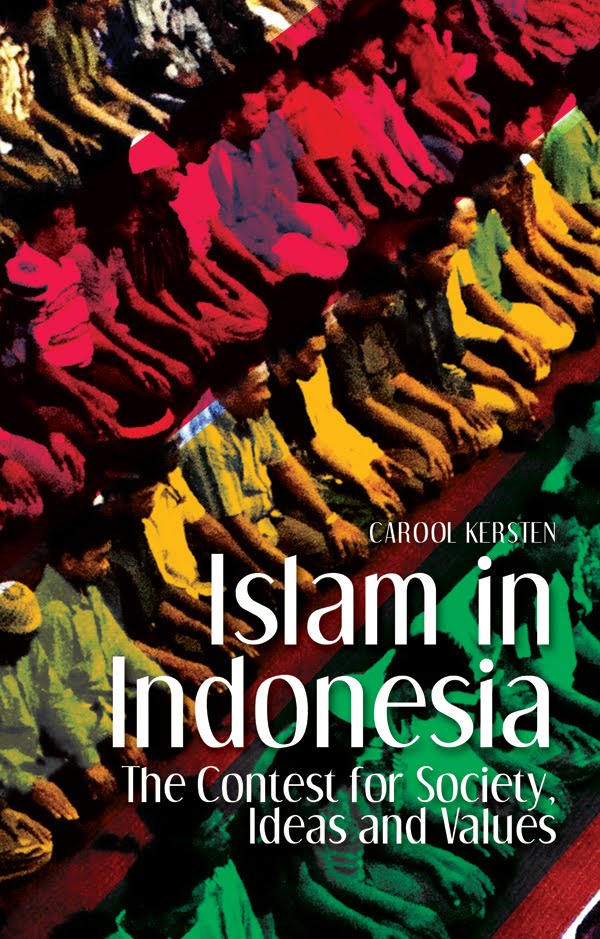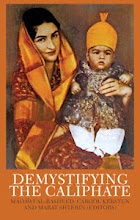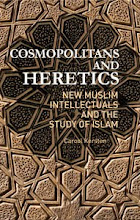 |
| Dr Budhy Munawar-Rachman |
For many years, Budhy was a close confidante of Nurcholish Madjid (1939-2005, affectionately known as 'Cak Nur'), one of the most important Muslim intellectuals during Suharto's New Order (1965-1998) and founder of the Movement for the Renewal of Islamic Thinking. As the founder of the Nurcholish Madjid Society, former executive director of the Paramadina Foundation and editor of many of Cak Nur's books, he is the prime custodian of the latter's intellectual heritage. Thus Budhy was uniquely positioned to write this dissertation on his mentor's views of interfaith relations and interreligious dialogue.
Budhy Munawar-Rachman's own views on the subject are shaped by a lengthy and meandering intellectual trajectory. The sketch below is taken from one of the chapters in my upcoming book Islam in Indonesia: The Contest for Society, Ideas and Values:
Although regarded as an exponent of progressive Muslim thinking, Budhy Munawar-Rachman earlier education firmly integrated him into the mainstream of Sunni orthodoxy, where ‘fiqh became the science that underpinned social reality’. His interest in physics kindled a desire for finding a rationalized understanding of religion, changing fixed religious convictions and received rituals into an intellectual and spiritual quest, which he expanded further through readings into popular psychology and the writings of Krishnamurti. However, Munawar-Rachman‘s key educational experience was the time he spent at the Higher School for Entrepreneurship (Sekolah Tinggi Wiraswasta, STW). This unconventional adult education institute by Utomo Danajaya, who later joined Nurcholish Madjid in establishing the Paramadina Foundation, teaches through participatory training and does not offer any formal degrees or qualifications. This approach is based on Paulo Freire’s philosophy of education, called the ‘Pedagogy of the Oppressed’, and geared towards grassroots level social development and empowerment.
After a few years as a social research, during which he undertook a project investigating religious motivation where he tried to use the categories of Muʽtazili philosophy learned from Nasution for determining the level of rationality in pre-urban societies on the outskirts of Jakarta, Munawar-Rachman joined STF Driyarkara, which was equally unconventional as STW and used a teaching philosophy called ‘conscientizing research’ also modelled after the work of Freire. It stimulated Munawar-Rachman to engage seriously with the work of Marx, Wittgenstein and Popper, as well as other academic fields such as economics and the sociology of development and education. These studies provided him with a more solid philosophical underpinning for rethinking theologies, such as the one formulated by the Mu‘tazila, as functional-rational approaches to modernity and transform them into an ideology for social change -- a Liberation Theology shaped by a new paradigm standing in stark contrast to the privatization of religion found in conventional liberal theology.
All this forms the foundation for Budhy Munawar-Rachman’s later involvement in defending religious pluralism – especially in the wake of the controversial fatwa by Indonesia’s Council of Islamic Religious Scholars (MUI) – culminating in a hefty study entitled Reorientation of the Renewal of Islam: Secularism, Liberalism and Pluralism, A New Paradigm for Indonesian Islam.









